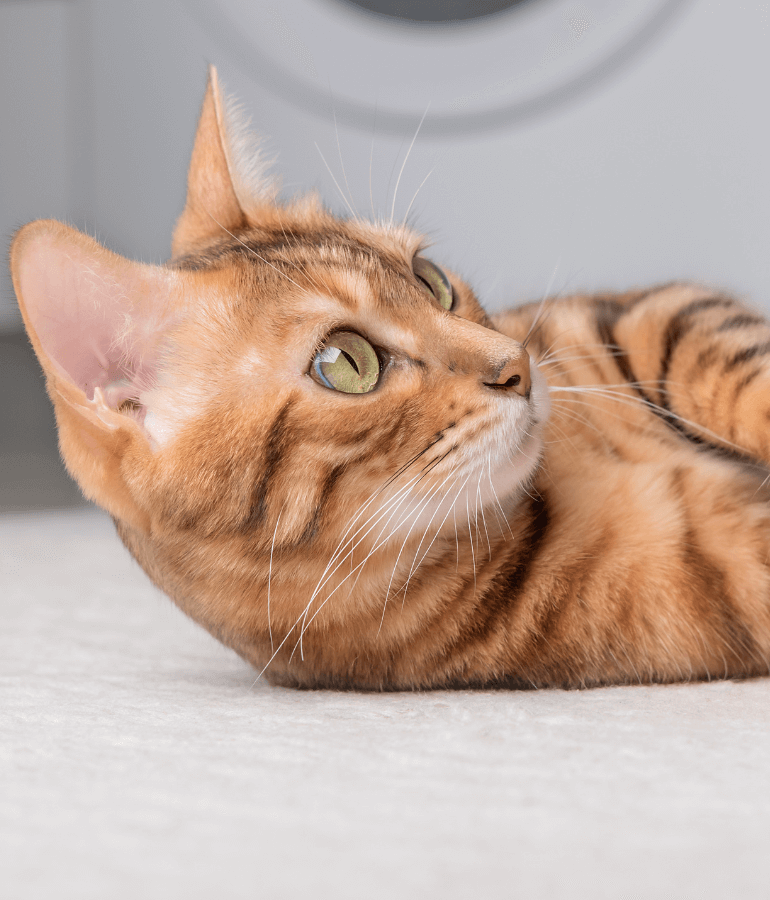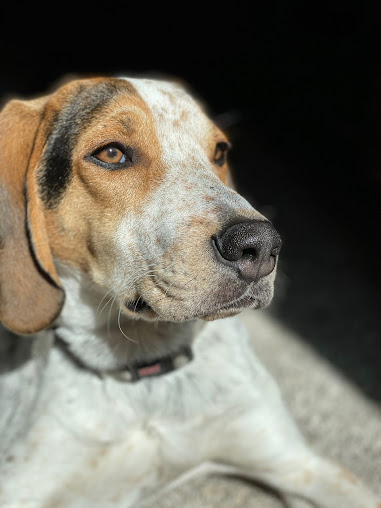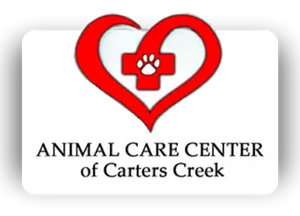For the Love Of Pets
The pet parents’ choice for quality, compassionate vet care in Columbia, TN, Spring Hill, TN and beyond!
Proudly Welcoming New Clients!
Same-day appointments and walk-ins are welcome during business hours.

Welcome to Animal Care Center
of Carters Creek
When it comes to human medicine, people often emphasize the importance of a good bedside manner. But what about our four-legged family members? Don’t they deserve the same level of thoughtful, compassionate and accommodating care as we humans do?
At Animal Care Center of Carters Creek, we certainly believe they do! In fact, it’s our warm, personalized care and individual attention that has made us one of the most trusted vets in the Columbia and Spring Hill area.
Complete Veterinary Services
Our comprehensive range of veterinary services is dedicated to addressing all aspects of your pet’s well-being, from diagnostics and surgery to boarding, bathing, grooming, and much more. Our goal with each and every visit is to provide your beloved companion with the foundation for a lifetime of health and vitality.
Pet Dentals
Pet General Surgery
Pet Grooming
Pet Digital Radiology
Meet Our Veterinary Team
Meet the folks who make it all happen. We see big potential in every moment, & care deeply about what we do every day.
Whether you’re new to the Columbia and Spring Hill area or have called our beautiful community home for decades, we’re eager to serve you. Give us a call, or better yet – stop in and visit with us! We’d love to meet with you, get to know your pet a little, and show you around our clean, modern Columbia and Spring Hill clinic.




Devoted and Compassionate Care
We provide individual care and support to each person and pet we serve.

Regular checkups can help your furry friend live a happy and healthy life.

First time visiting? Please fill out our New Client Registration form here!

Our Online Store is stocked for your convenience. Shop now!

Could your furry friend use a pampering session? Call us today to schedule an appointment.
Thank you for making us one of the highest-rated veterinary hospitals in Columbia, TN.
We are new to the area and our 12 year old dog, Huck, needed dental attention. Dr. Corley was very knowledgeable and attentive to my questions when we went for the consultation. A few days later Huck had his teeth cleaned and several extractions were necessary, as well. They also removed a large cyst from his back. Chelsea was so kind and gentle with us and our fur baby, but the entire staff is a pleasure to deal with. Huck had his appetite back immediately and there have been no problems since I brought him home. I highly recommend Animal Care Center of Carters Creek.
John P.
James B.

